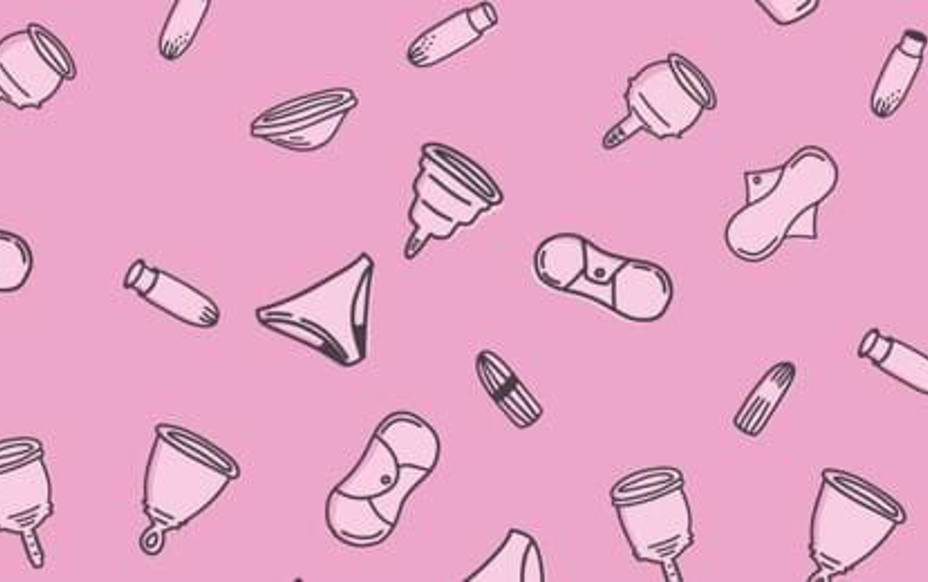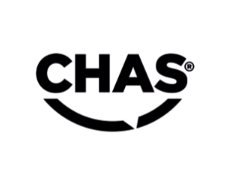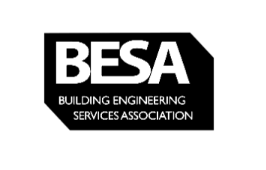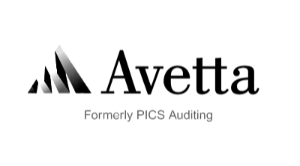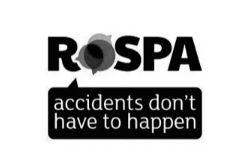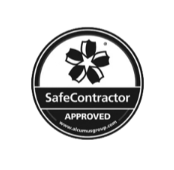phs Group has acquired Citron Hygiene UK - we’re here to support you. Read our customer FAQs and find our contact details here.
I was disappointed to learn that 97% of pupils in Cardiff hadn’t taken any free products home with them over the summer holidays this year.
This shocking statistic was recently discovered by Molly Fenton of the Love Your Period Campaign, who sent a survey to students and parents in Cardiff.
I understand that schools are busy environments, and teachers have a lot of students and projects to manage at once. But Molly’s research clearly shows more work needs to be done to promote the free period product scheme in schools.
As someone who is passionate about period equality, I wanted to share some tips and guidance to help schools successfully distribute free products all year round.
At phs, I have been leading our campaign for period equality for several years now. Along with my colleagues, I work closely with the Department for Education in England and many local authorities across Wales to distribute free period products. But we do a lot more than just delivering these products, we have also invested in educational resources for schools and pupils.
However, before I share my tips on distributing period products to school students, I’m going to share some information on period inequality in the UK.
Related blog: Free Period Products and Schools – Everything You Need to Know
Period equality for all!
Talking about periods has historically been seen as embarrassing or taboo, despite being a natural process that millions of people around the world experience. To help tackle this taboo, I always make sure to talk openly about periods, whether that’s at work or in my local coffee shop. Because there really is nothing to be ashamed off!
Period poverty effects a large proportion of the population, with 1 in 14 girls* saying they have missed school as they could not afford or access period products.
At phs, we’re driven by the belief that everyone should have access to the period products they need. This is why, over the past few years we have been engaging with school children, and commissioning UK-wide research to better understand how we can help achieve period equality for all.
In 2019, the first phs Period Equality Whitepaper was commissioned. This report suggested that the inability to access period products was affecting school attendance and overall achievement rates.
Since this first whitepaper launched, progress has been made across the UK to tackle period inequality, but there is still a lot of work to be done.
Therefore, in April 2021, phs released the 2nd edition of the phs Period Equality whitepaper. For this research, we once again surveyed 13 to 18-year-old students at schools and colleges about their periods. This new edition also explored how the COVID pandemic affected period inequality in the UK.
Above: key findings from the 2021 phs Period Equality Whitepaper
Download the Period Equality Whitepaper
Five ways to make sure free products are accessed by your learners
Based on my own engagement work, here are five things I think schools should be doing to ensure their leaners are accessing the free period products available to them:
1. Spread the word
9 in 10 girls* in the UK think that period poverty - where people find it difficult to afford sanitary products - is a real issue.
For students to know there are free period products available to them, they need to be told what’s available and how to access them.
A simple and effective way to drive awareness is with a poster.
phs offer free period product posters for schools to download. These can be printed and placed on school noticeboards or sent digitally to parents/carers. There are options available for primary and secondary education.
2. Think about accessibility
It’s really important to think about how you are going to distribute free period products in your schools in order to make them as accessible as possible.
Some pupils will be happy to walk straight up to a teacher to ask for their free period products, whereas others may feel too embarrassed to ask.
52% of people* think girls should have access to period products via free vending machines in washrooms.
An easy way to make products accessible is by installing coin free vending machines in your school.
These vending machines offer a simple and discreet way to provide products to students.
3. Dedicate a lesson
36% of teenage girls say there is a lack of education over matters such as periods and contraception*.
Teenagers told us they want more information on periods and contraception. So, phs teamed up with Lil-Lets and Brook to create age-appropriate educational lessons plans for school classes between years 4 to 9. These lesson plans can be delivered on their own or used to complement what your school currently offers.
4. Read the guidebook
As we get older, it can be easy to forget how overwhelming your teenage years can be. It is a hard time for many students, which can make it difficult for parents and teachers to know how to approach discussions around puberty and periods.
To help make these conversations easier, phs once again teamed up with Lil-lets to produce the ultimate guide to becoming as teen.
This guide can be used to drive discussions in the classroom and beyond. It includes key period facts and a breakdown of how to use different period products. It is available in Welsh and English.
Download Guide To Becoming A Teen
5. Give regular reminders
A simple reminder at the end of term could be all it takes to prompt pupils into taking products home for the summer. I would suggest sending reminders out at the start of a new term, and before half and full-term holidays. It’s also a good idea to make occasional reminders in school assemblies.
phs and period equality
As well as commissioning research and providing free educational resources, phs are continuing to look at ways to raise awareness of period equality.
For example, if you see phs at a trade event, come and grab your free coffee for a cause. With every coffee cup used and recycled by our event stand visitors, we’re donating one pack of period products to Freedom4Girls.
phs also does a lot of work behind the scenes. For example. we’ve been appointed to the UK Government’s official Period Poverty Taskforce. As well as sitting on the Welsh Government’s Period Dignity Taskforce and Blaenau Gwent’s Period Equality Taskforce.
I truly believe that by working together to achieve period equality in the UK, we can build a better future for young people across the country. Ensuring that everyone has access to the period products they need, when they need them.
Get in touch if you’d like to learn more.
Or join the conversation on social media #CreatingPeriodEquality
*Source: phs Period Poverty Whitepaper
**Questions and options presented in the 2019 and 2021 phs Period Poverty Whitepaper surveys varied to reflect the effects of the COVID-19 pandemic throughout 2020-21.





























